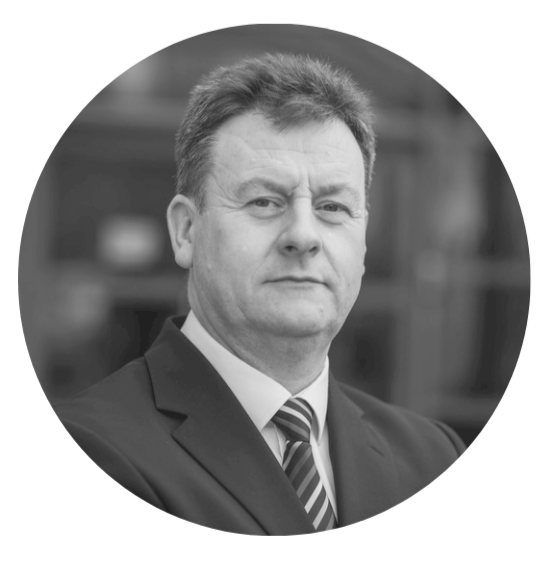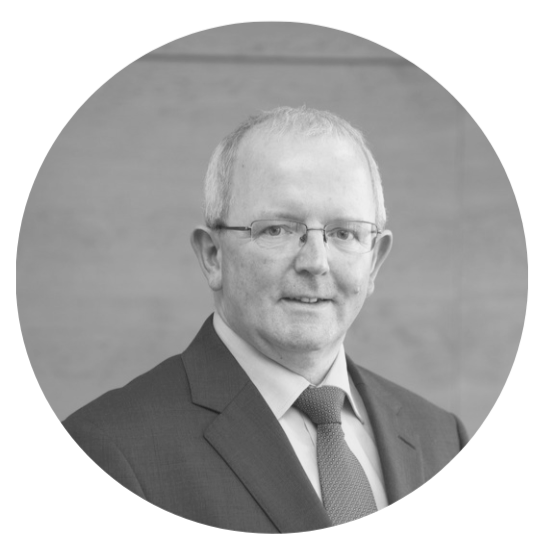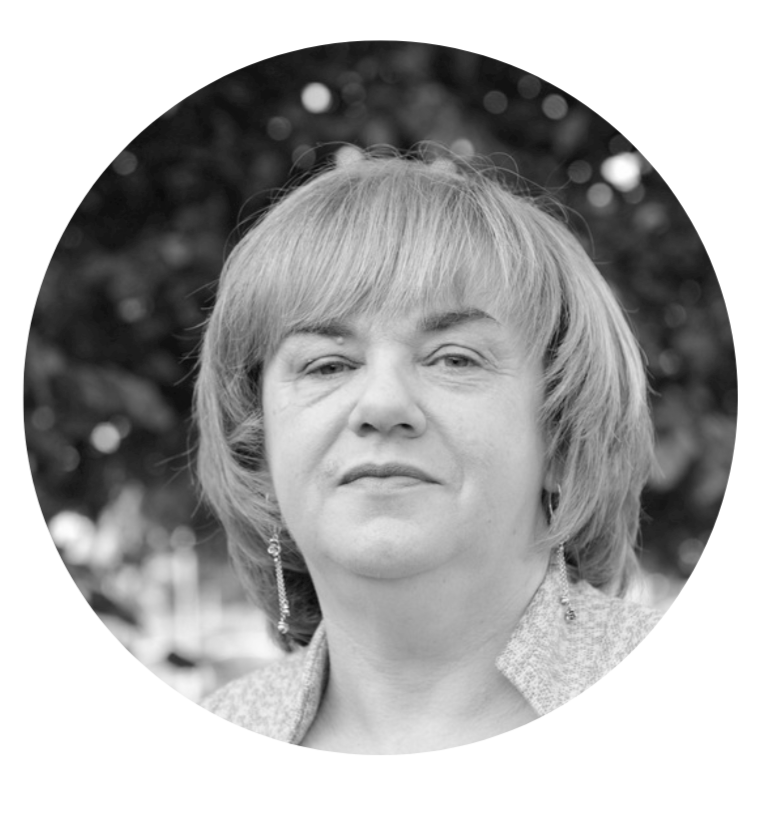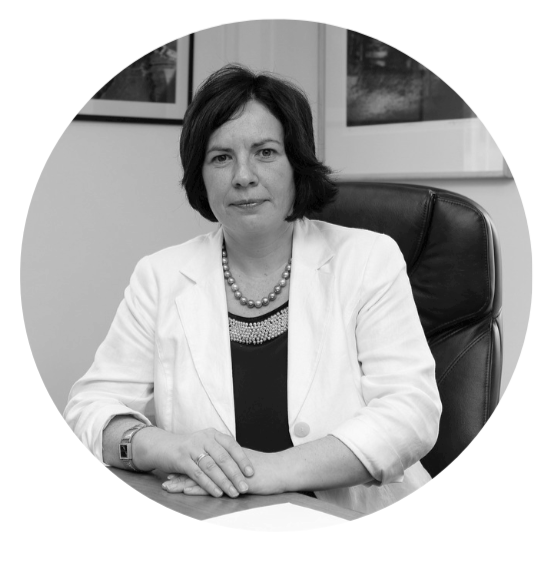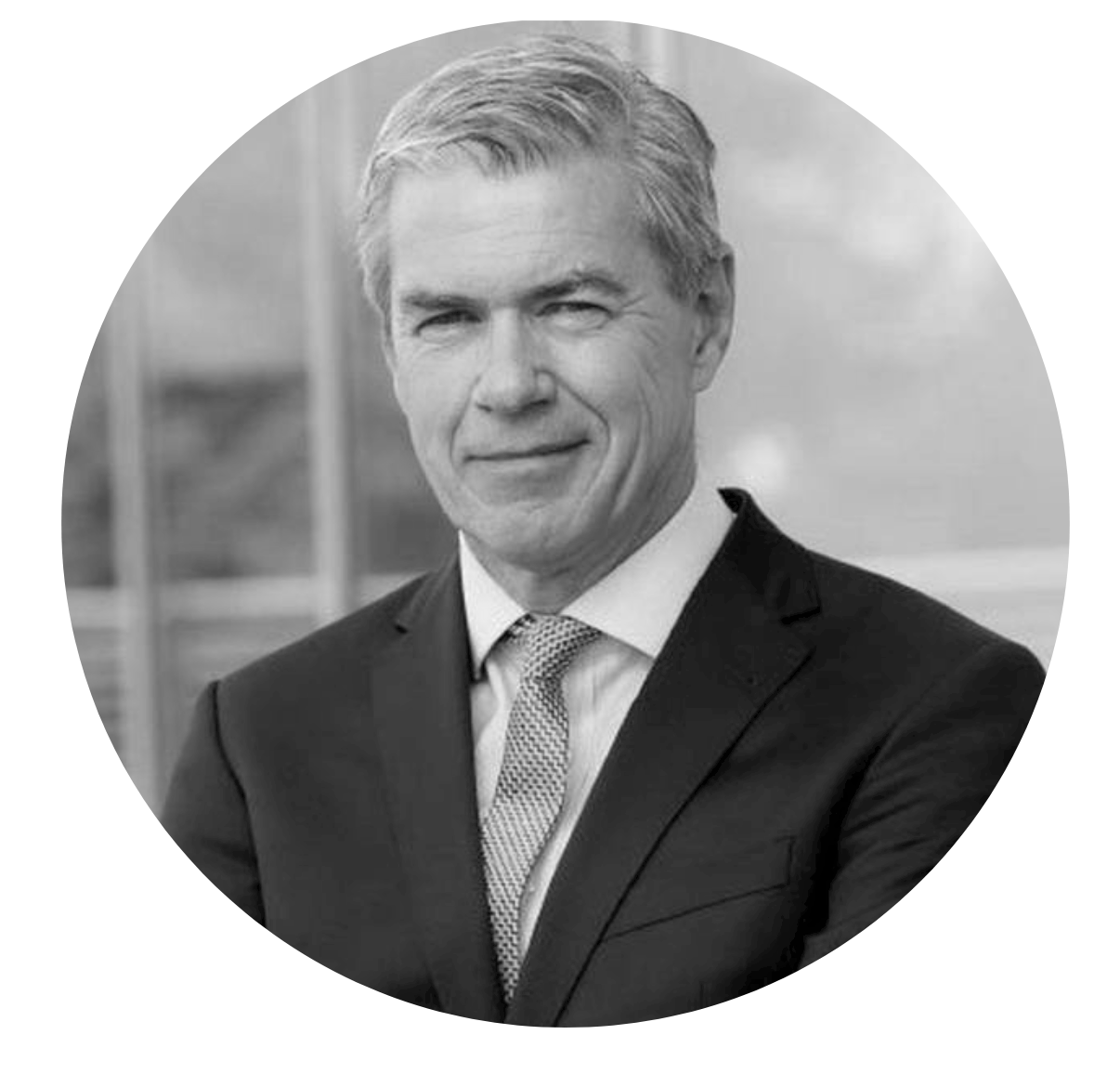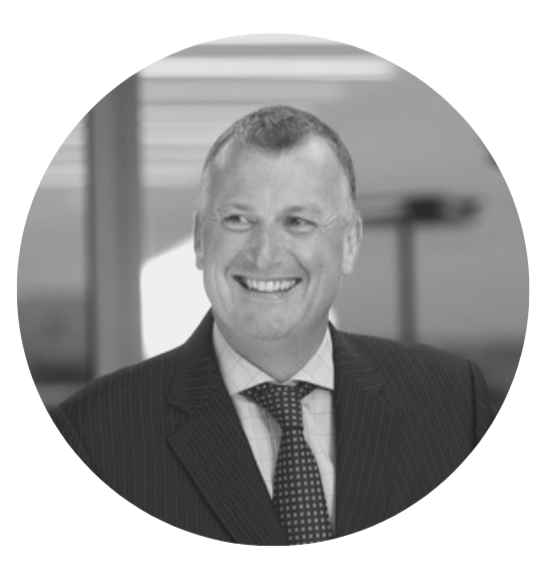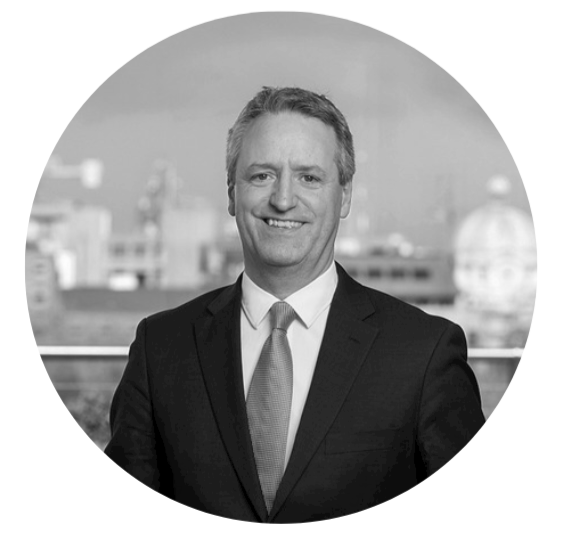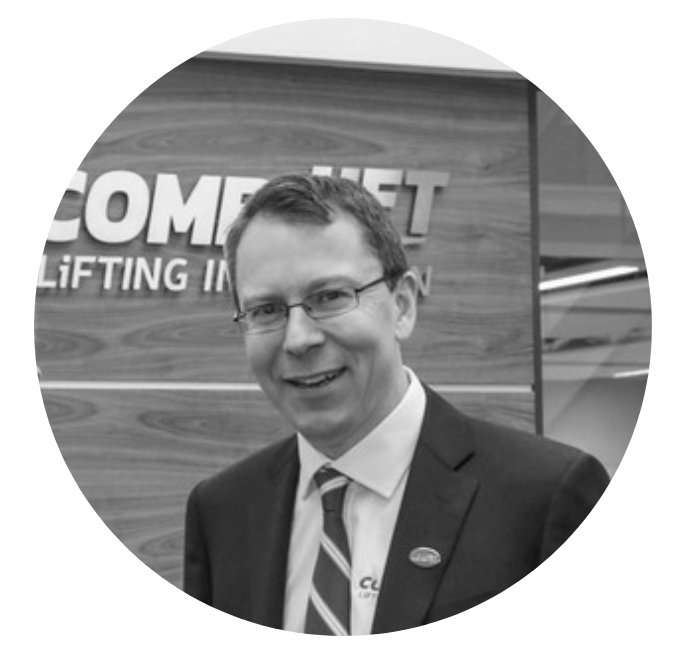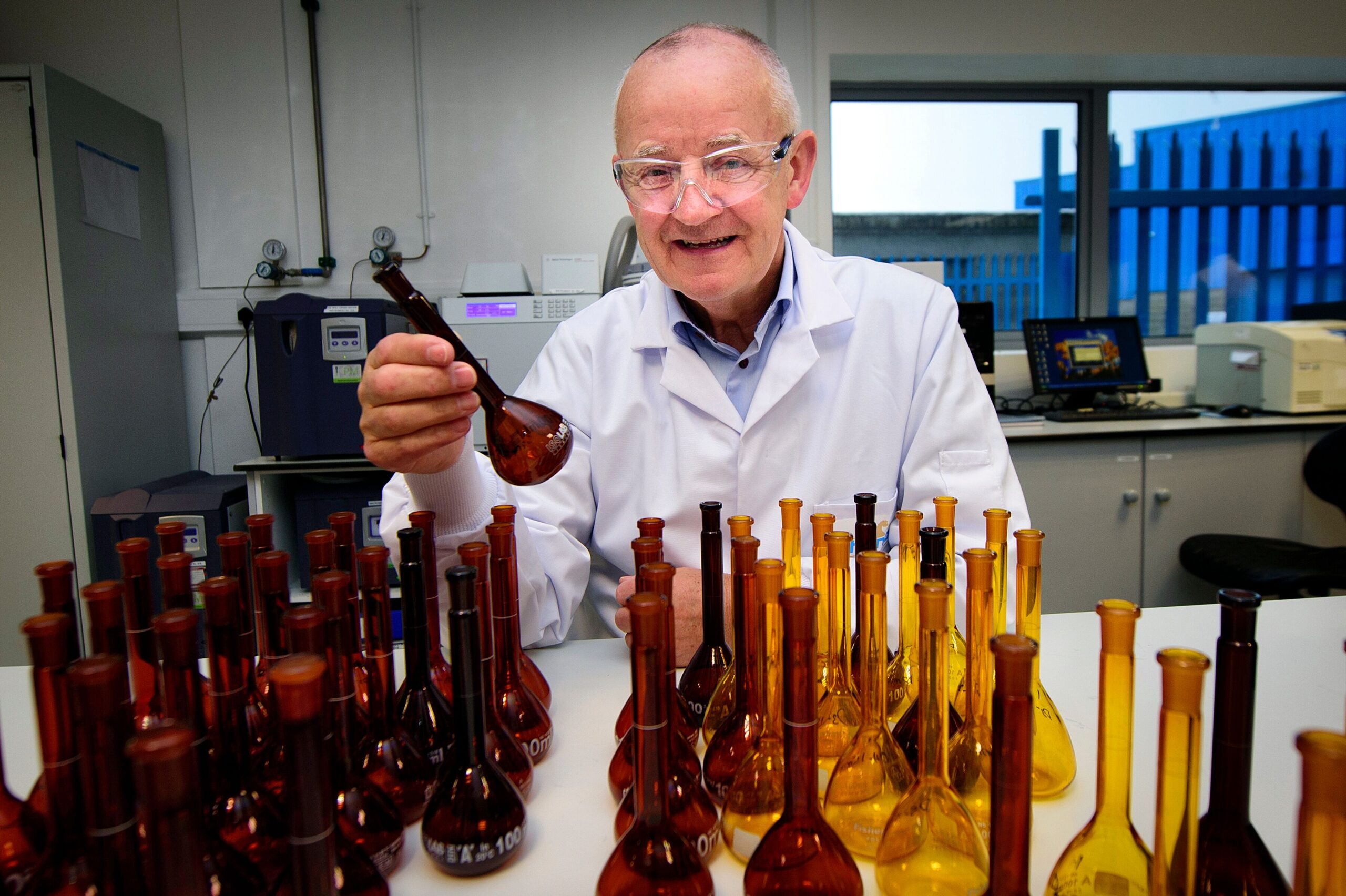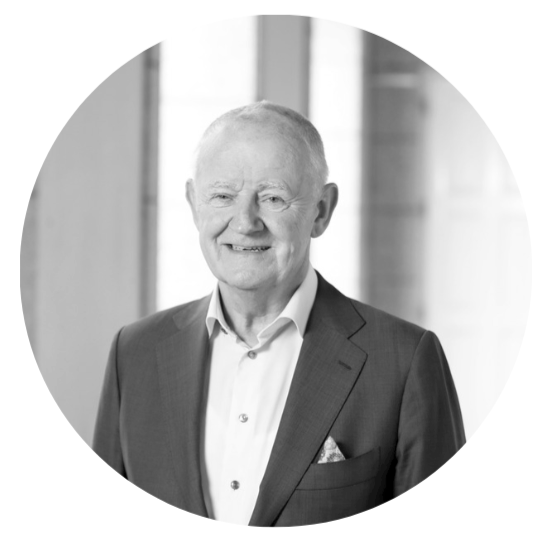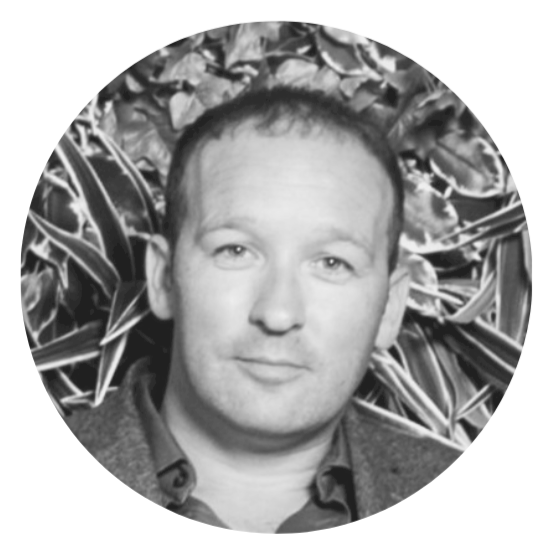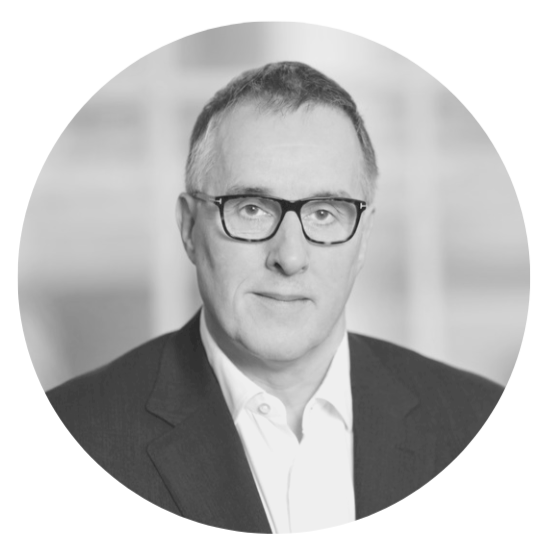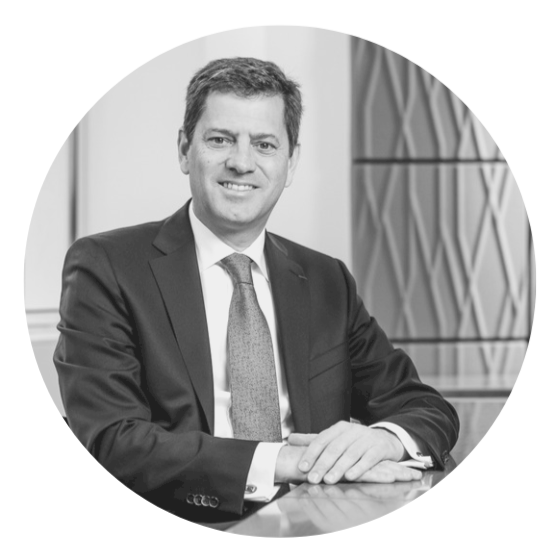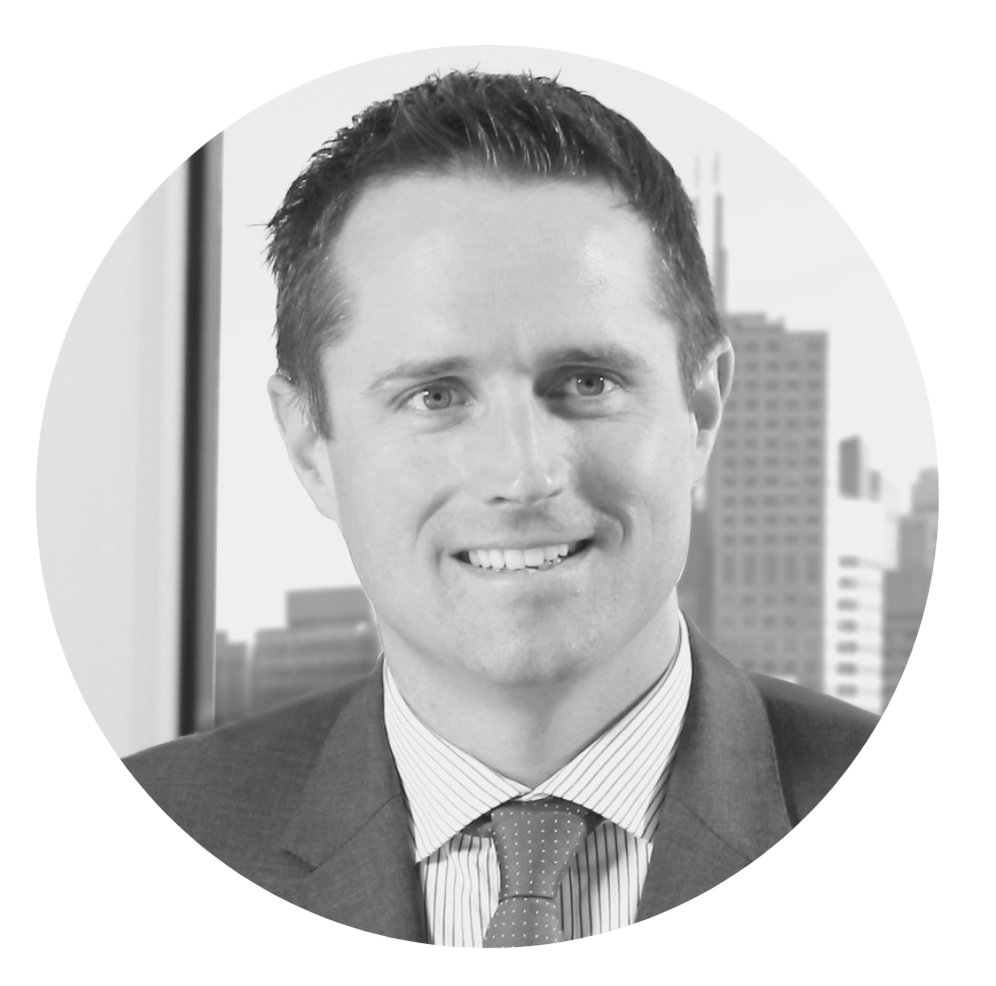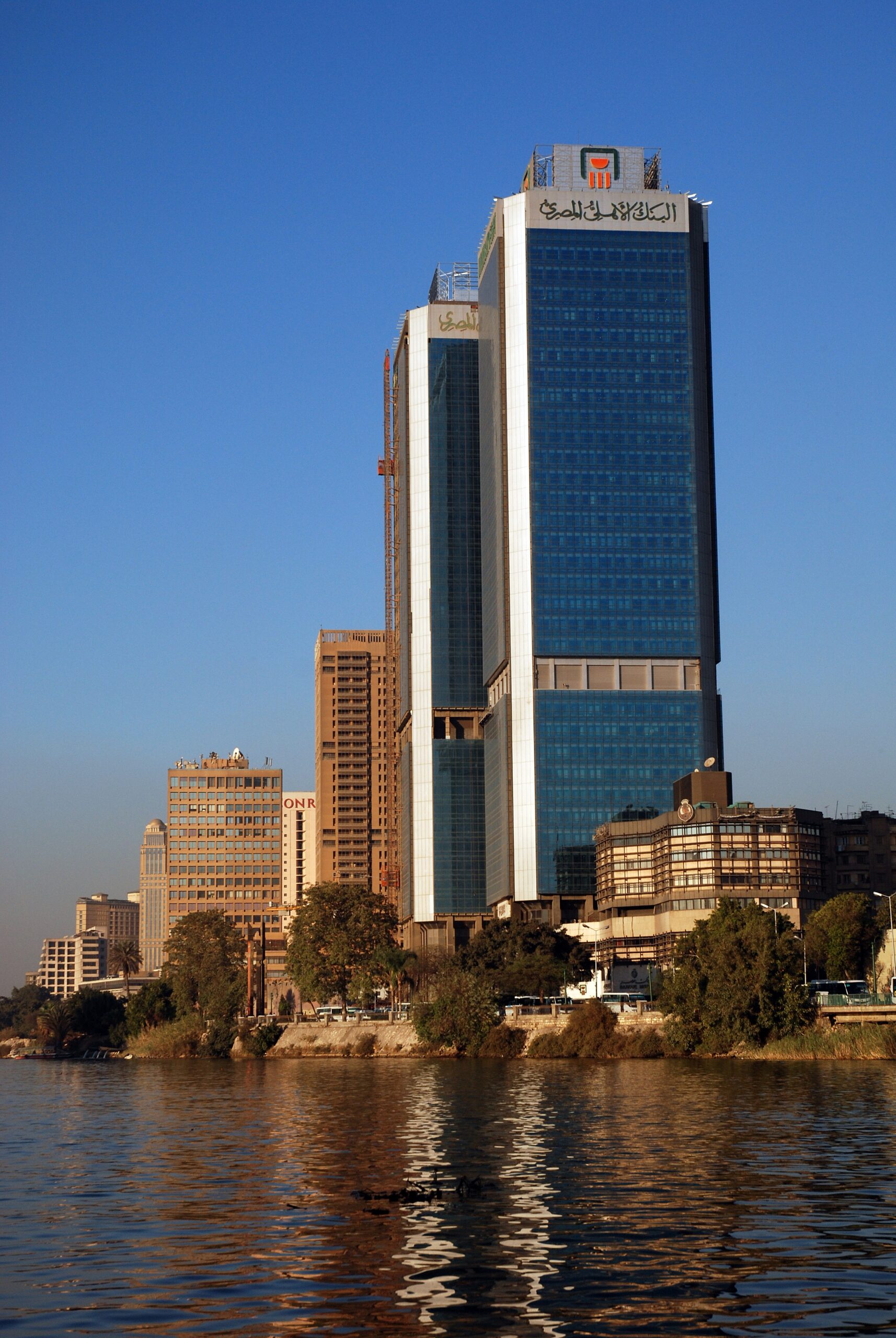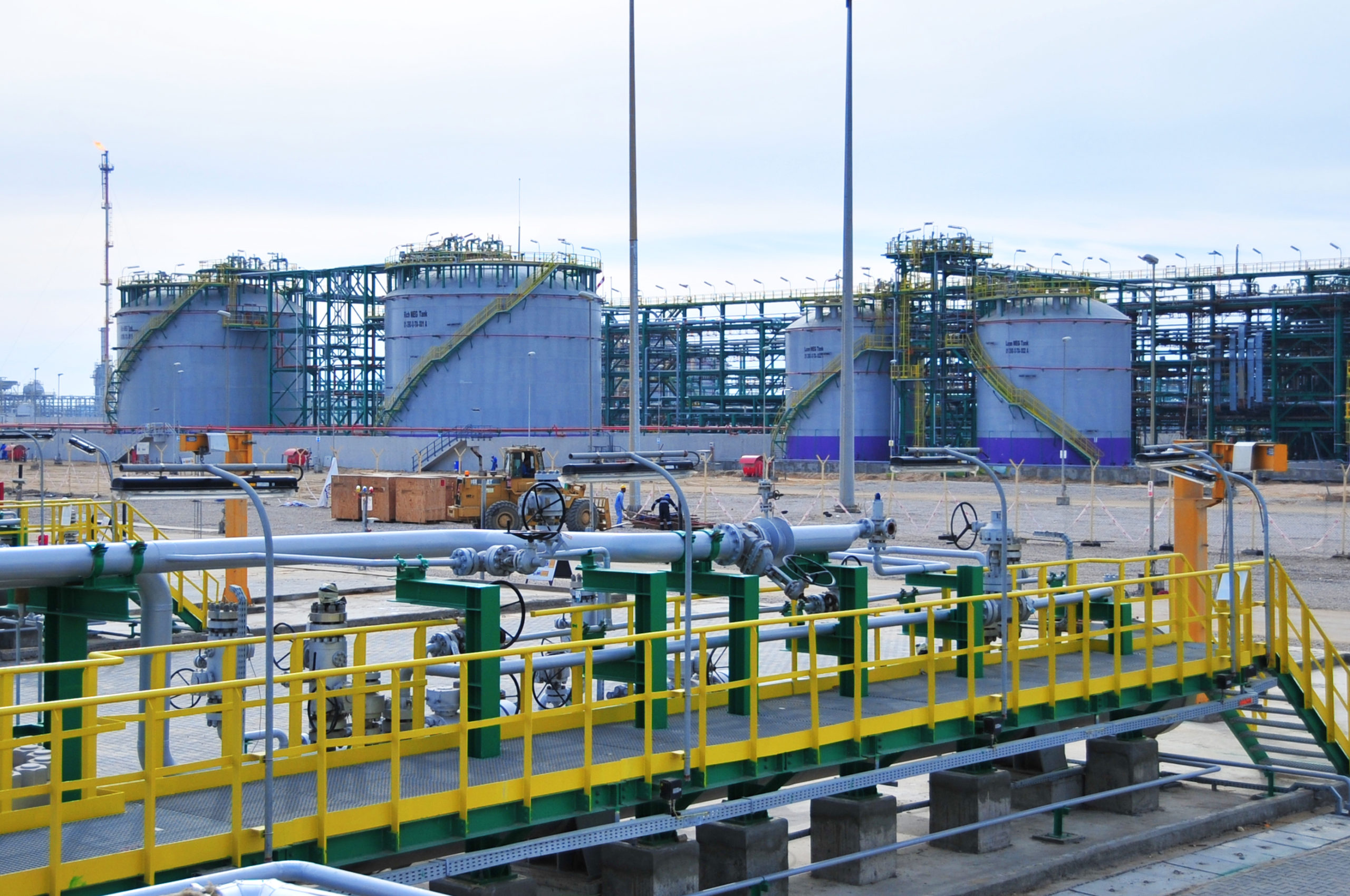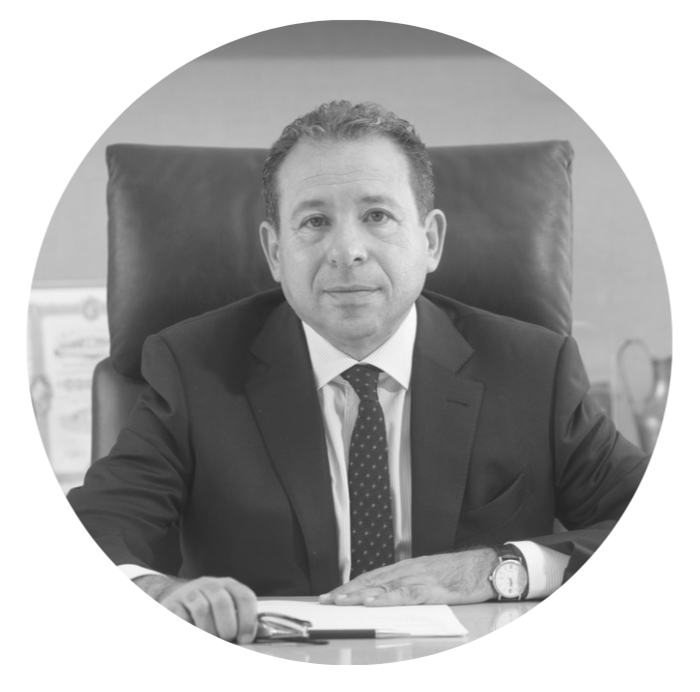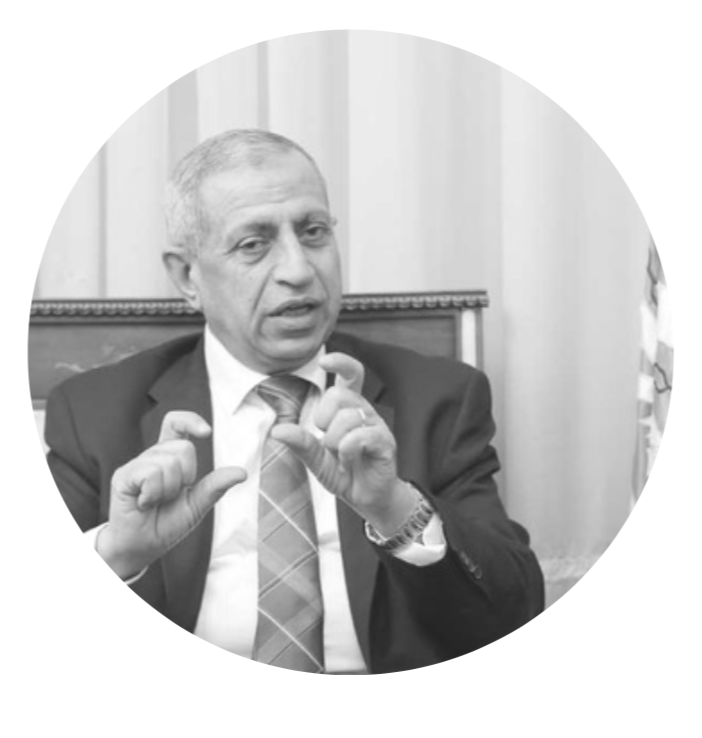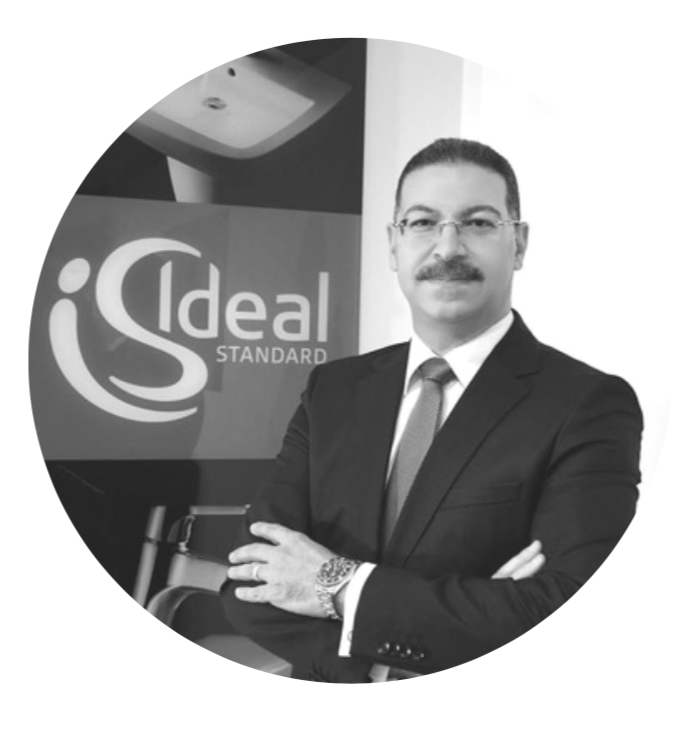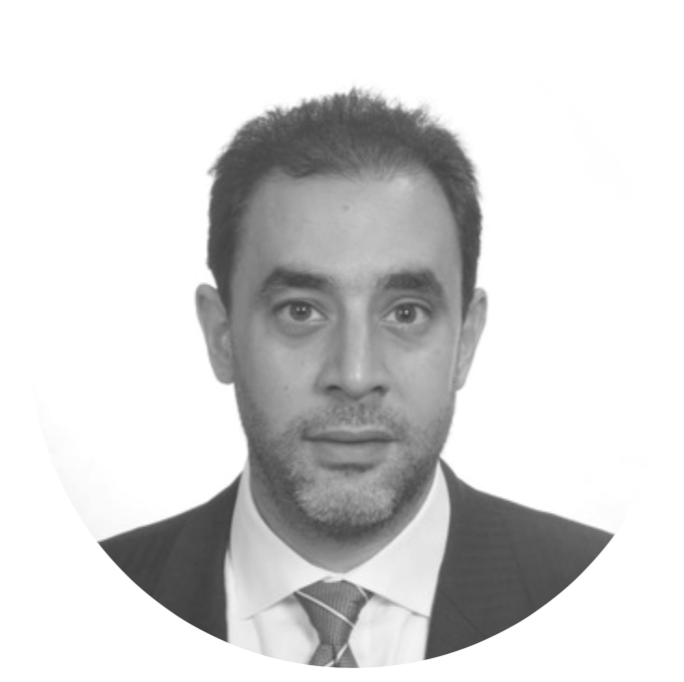What opportunities exist to foment further transit?

Latvia is situated in a very privileged geographical position. Within the Baltic States, Latvia is the focal point connecting the West to the East. Our warm-water ports currently account for the biggest cargo freight transportation amongst the Baltic countries. Transit, logistics, and distribution of goods through Latvian ports reach any point in the Baltic States and a large part of Poland and Scandinavia in 24h and Scandinavia in 48h. We are working on increasing cargo transit through our ports and diversifying our cargo flow which presently includes vast freight from Russia. Asian markets are an exciting opportunity. We have approved all routes from Yivu, China to Riga which can be delivered in 10 days. It is an excellent indicator and an efficient logistics route compared to sea freight that would take approximately 50-55 days. It allows us to transport goods with shorter shelf-lives in an unprecedented cost-efficient way.
In addition to that, Latvia is currently the logistics coordinator in the 16+1 initiative that includes China, and a number of Central and Eastern European countries. It gives Latvia an opportunity to improve cooperation and trade with Asia. Besides China, we are also working to partner closely with the CIS countries, and have developed a working relationship with India, Iran, and UAE to maximize the diversification of cargo transiting through Latvia. We have achieved marvelous results in the past twelve months. Our developed port and rail infrastructure deserves a lot of attention from the potential investors in the Logistics sub-sector as we have many incentives for investing in Latvia.
We have also heavily invested in our road infrastructure with the support of the European Cohesion Fund to facilitate the development in the Logistics sector and ensure increased transits through our ports.
How has passenger traffic improved in the region?
Riga international airport (RIX) has become a solid leader among the Baltic State airports and is one of the fastest growing airports in the EU. Air Baltic, the biggest and strongest player in the Aviation sector in Baltics, now serves more than 80 direct routes from the Riga International Airport which is subsequently the biggest airport in the Baltic countries. Air Baltic has become the most notable air passenger service in Estonia and the third largest in Lithuania. It gives a good opportunity for entrepreneurs to reach cities in Europe and the East in a comfortable and timely manner – a definite advantage over other countries in the region.
Notably, we are currently developing a new rail line, Rail Baltica, which will connect the Baltics with Western Europe and allow further transit options for passenger and cargo. We hold a unique prospect to link the CIS countries, currently using the 15/20 rail track gauge and the continental Europe with the 14/35 rail track gauge, and emerge as a logistics hub with the possibility for foreign companies to manufacture and assemble goods with the “Made in EU” label in Latvia.
What opportunities exist to expand regional transit?
Minister: Transport and Logistics are priority sectors we are currently developing. We see a lot of opportunities in attracting more cargo transit and exports from Asia to Europe.
We formed a subsidiary company of Latvian Railways called LDZ Cargo. The subsidiary will boost the collaboration with foreign partners and foster ties between potential investors and Latvia. LDZ cargo provides information about opportunities in Latvia.
We would also like to highlight the potential of Liepaja Port, as an additional option to already established freight terminals in Riga and Ventspils. We have opened a regional airport in Liepaja that will enhance the business environment of Liepaja City and Kurzeme region.
What PPPs are being developed?
The European Cohesion Fund has given us the chance to renovate our road infrastructure and, by 2020, all the main road transit routes will be of excellent quality. We are currently embarking on our first PPP project – the Kekava bypass, and developing the procurement documentation in partnership with Deloitte. In case of success, it will give a precedent for future PPP projects as it is a good way to develop our infrastructure. We are currently in negotiations with European Investment Bank which has evaluated the project and found it satisfactory therefore I see a lot of opportunities in developing further PPP projects in Latvia.
What should investors remember about Latvia’s transport sector?
We invite investors to consider and evaluate the existing opportunities Latvia offers. Especially our warm-water ports that also offer a very attractive tax regime, our Economic Zones and Free Ports where we offer of up to 55% Return on Investment. Likewise, our geographical position and the progress made in policy making, as well as the connectivity linking Latvia to numerous destinations are our selling points. In addition to that, we have an excellent cooperation between our ports and railway lines that provides for a remarkable investment destination in freight transportation to anywhere in the world. Latvia also has a rapidly developing express postal services providing high-quality services which have been recognized as the third most efficient globally and the best in Europe.

